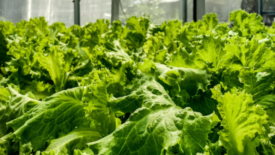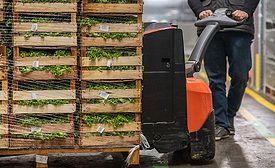Transportation
Supply Chain Recovery—Processors Speak Out
Changes in supply and operations planning are needed to avoid future disruptions—but how soon can they be implemented?
April 19, 2022
Off-Premises Dining Safety in the Restaurant and Foodservice Business
Does the food industry’s responsibility stop at the customers’ front door?
June 17, 2021
Never miss the latest news and trends driving the food safety industry
eNewsletter | Website | eMagazine
JOIN TODAY!Copyright ©2024. All Rights Reserved BNP Media.
Design, CMS, Hosting & Web Development :: ePublishing










